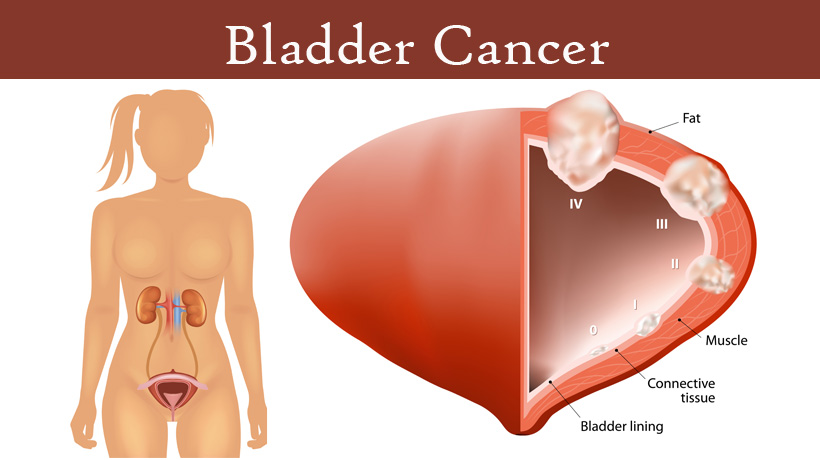Pinpointing symptoms of bladder cancer in females is difficult, specifically due to correlating symptoms of a woman’s menstrual cycle. Is it possible that menstruation or menopause delay reporting symptoms to a general physician? Can blood in the urine be misdiagnosed as a urinary tract infection? Or can it be a warning sign of something more serious?
According to the American Cancer Society, blood detected in the urine, scientifically referenced as hematuria, is the initial sign of bladder cancer. This can transition urine color to either orange, pink, or dark red. Occasionally, the color of urine will remain its expected color, and a urinalysis must be performed to detect if minor amounts of blood are traced within the urine. The early stages of bladder cancer cause bleeding with no sign of physical ailment.
Urination problems
Cedars-Sinai Research lists the frequent need to urinate, back and pelvic pain, and pain/discomfort when urinating as probable markers of a bladder cancer diagnosis. Additional symptoms that are common ailment signs amongst various cancers are abdominal pain and bone tenderness, anemia, and sudden weight loss.
Health history and habits
Research conducted by the Centers for Disease Control and Prevention says smoking is the number one cause of such cancer. A family history of bladder cancer and abnormal gene mutations are risk factors to be noted as well. Consuming water that is contaminated with arsenic can increase the risk of a bladder cancer diagnosis. Experiencing frequent urinary tract infections is another indicator of potential bladder malfunctioning or cancer diagnosis.
Detection and diagnosis
Physical examinations are required of the abdominal/pelvic region for possible detection of tumors to identify bladder cancer, according to Cedars-Sinai, a nonprofit healthcare organization. A cystoscopy, which involves penetration of a slim tube into the bladder, is used for observation of bladder cells, which can potentially be cancerous. Especially in women, ultrasounds are often performed to address alternative health issues that sometimes detect the presence of tumor growths in the bladder.
Don’t overthink your symptoms. However, do not choose to overlook them either. Consult with your general physician if concerns begin to arise. An appointment with a physician can potentially save your life.
Sources:
https://www.cdc.gov/cancer/bladder/index.htm
https://www.cancer.org/cancer/bladder-cancer/about/key-statistics.html
https://www.cedars-sinai.edu/Patients/Health-Conditions/Bladder-Cancer.aspx



